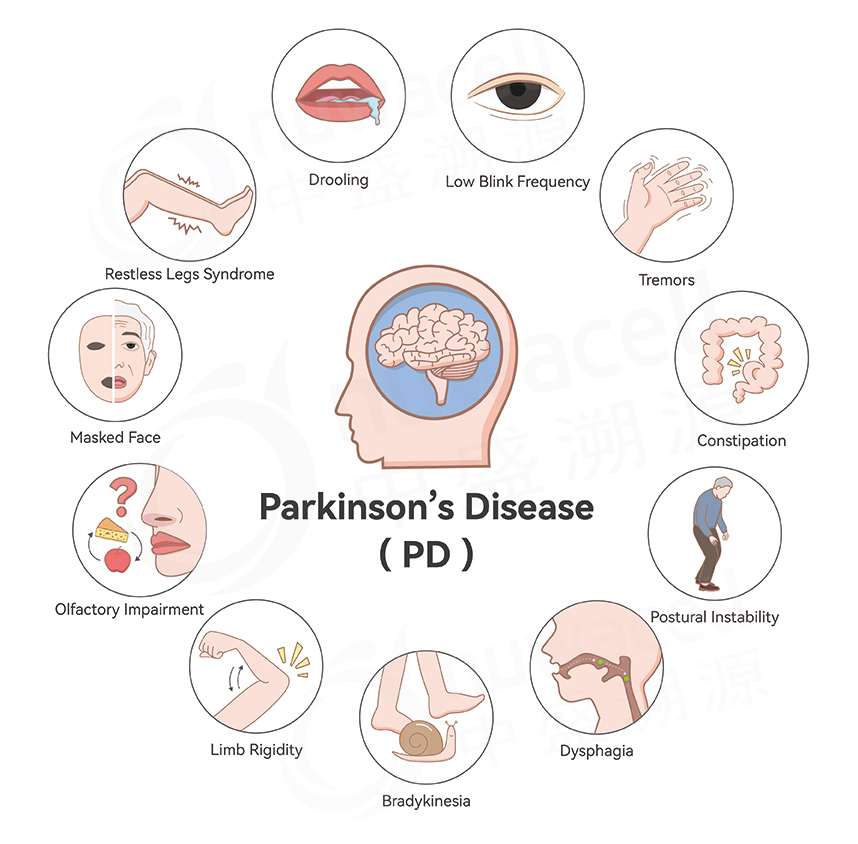欢迎您使用安徽中盛溯源生物科技股份有限公司及关联公司(“我们”或“公司”)通过中盛溯源官网提供的公司介绍、产品介绍、人员招聘及商务联系等相关服务(以下合称“本产品”)!
您的信任对我们非常重要,我们深知个人信息对您的重要性,我们将按法律法规要求,尽力保护您的个人信息安全可控。鉴于此,我们制定了本隐私权政策(“本政策”),旨在说明在您使用本产品时,我们将如何处理您的个人信息,以及您对这些个人信息享有的权利。在您使用本产品前,请您务必完整地详细阅读本政策,特别是以粗体标识的条款,请您重点阅读,并在确定充分理解本政策条款后再开始使用。阅读过程中,如对本政策内容有任何疑问、意见或建议,您可按照本政策中提供的联系方式与我们联系。如您不理解或不同意本政策中的任何条款,您应立即停止使用本产品服务。您对本产品的使用,即表示您已充分理解并同意本政策。
本产品可能包含跳转至其他第三方产品或服务(“第三方”,包括但不限于任何第三方网站、第三方服务提供者)的链接或指引。需要特别说明的是,本政策不适用于第三方通过或借助本产品向您提供的其他服务。我们不控制第三方,第三方对您个人信息的收集与使用将适用第三方向您另行说明的个人信息保护政策。我们建议您在访问第三方时仔细阅读并了解他们的个人信息政策。
本政策将帮助您了解以下内容:
一. 我们如何收集和使用您的个人信息
二. 我们如何提供、公开披露和委托处理您的个人信息
三. 我们如何存储和保护您的个人信息
四. 敏感个人信息提示
五. 您的权利
六. 我们如何处理儿童的个人信息
七. 本政策如何更新
八. 如何联系我们
一、我们如何收集和使用您的个人信息
(一)收集和使用您的个人信息
通常情况下,我们会在以下场景中收集和使用您的个人信息:
1. 人员招聘
当您点击加入我们,您可以选择您感兴趣的岗位与我们的人事经理联系,我们可能会收集您的姓名、联系方式、简历等信息,具体以人事经理要求您提 供的信息为准,用于筛选岗位候选人、执行后续招聘流程。若您拒绝我们进行前述信息处理,请勿向人事经理提供您的任何信息。
2. 联系我们
当您点击联系我们,您可以进行在线留言。我们可能会收集您的姓名、电话、邮箱地址、公司名称和职位,以及留言内容。我们会基于您的留言内容和 联系信息对您进行答复。若您拒绝我们进行前述信息处理,请勿输入您的任何信息。
3. 安全保障
为保障您正常使用我们的服务,维护我们服务的正常运行,并改进及优化我们的服务体验,我们会收集您的:操作日志(包括搜索、查看操作等)、 服务日志(包括服务故障信息),这类信息是为提供服务必须收集的基础信息。如您拒绝前述处理,会使您无法使用本产品。
4. 改进我们的产品或服务
我们可能会对您使用本产品相关功能或服务时产生的统计信息,进行【去标识化地】研究、统计分析,用于改善本产品交互界面的内容和布局、为商业决策提供支撑。拒绝我们基于产品或服务改进目的进行前述信息处理,不会影响您正常使用本产品的功能或服务。
5. 纠纷或案件处理
为保护您的权益,您同意本政策相关操作的日志及上文列举的其他相关个人信息,会被记录并用于在处理用户投诉、纠纷、案件等情况下核实事实。
6. 请您知悉,以下情形中,我们收集、使用个人信息无需征得您的授权同意:
a. 与我们履行法律、法规规定的义务相关的;
b. 与国家安全、国防安全有关的;
c. 与公共安全、公共卫生、重大公共利益有关的;
d. 与犯罪侦查、起诉、审判和判决执行等有关的;
e. 出于维护您或其他个人的生命、财产等重大合法权益但又很难得到您同意的;
f. 所收集的个人信息是您自行向社会公众公开的;
g. 从合法公开披露的信息中收集的您的个人信息的,如合法的新闻报道、政府信息公开等渠道;
h. 根据与您签订和履行相关协议或其他书面文件所必需的;
i. 用于维护所提供的产品与/或服务的安全稳定运行所必需的,例如发现、处置产品与/或服务的故障;
j. 法律法规规定的其他情形。
(二)设备权限调用
我们未调用您的设备权限。
二、我们如何提供、公开披露和委托处理您的个人信息
(一)向第三方提供
我们不会向第三方提供您的个人信息
(二)提供个人信息时事先征得授权同意的例外
1. 请您知悉,以下情形中,共享、转让、公开披露您的个人信息无需事先征得您的授权同意:
a. 与我们履行法律法规规定的义务相关的;
b. 与国家安全、国防安全直接相关的;
c. 与公共安全、公共卫生、重大公共利益直接相关的;
d. 与犯罪侦查、起诉、审判和判决执行等司法或行政执法直接相关的;
e. 出于维护您或其他个人的生命、财产等重大合法权益但又很难得到本人同意的;
f. 您自行向社会公众公开的个人信息;
g. 从合法公开披露的信息中收集个人信息的,如合法的新闻报道、政府信息公开等渠道;
h. 根据与您签订和履行相关协议或其他书面文件所必需的;
i. 用于维护所提供的产品与/或服务的安全稳定运行所必需的,例如发现、处置产品与/或服务的故障;
j. 法律法规规定的其他情形。
2. 请知悉,根据适用的法律,若我们对个人信息采取技术措施和其他必要措施进行处理,使得数据接收方无法重新识别特定个人且不能复原,则此类处理 后数据的共享、转让、公开披露无需另行向您通知并征得您的同意。
3. 随着我们业务的持续发展,我们有可能进行合并、收购、资产转让等交易,如涉及转移个人信息,我们将按照法律法规及不低于本政策所要求的标准,要求持有您个人信息的新主体继续保护您的个人信息,否则我们将要求其重新向您征求授权同意。
(三)公开披露
本产品不会公开披露您的个人信息。我们仅会在获得您明确同意的情况下,或基于您的主动选择,公开披露您的个人信息。
(四)委托处理
1. 为了更好地为您提供服务,我们可能委托第三方合作伙伴处理您的个人信息,第三方合作伙伴包括云存储服务提供商、提供集中管理系统平台的我们的关联方等。我们仅会出于本政策声明的合法、正当、必要、特定、明确的目的委托第三方合作伙伴处理您的信息。
2. 对我们委托处理个人信息的第三方合作伙伴,我们会请其按照我们的要求来处理个人信息。如果第三方合作伙伴将您的信息用于我们未委托的用途,其有义务另行征得您的同意。
三、我们如何存储和保护您的个人信息
(一)存储您的个人信息
1. 存储地域范围
我们在中华人民共和国境内收集和产生的个人信息将存储在中华人民共和国境内,但以下情形除外:(1)法律法规有明确规定的;(2)依法征得您的同意。
2. 存储期限
除法律法规规定、获得您的同意或双方另有约定外,我们通常仅在实现本政策所述目的所必需的期限内保留您的个人信息。我们存储您的个人信息时长 为如下标准中的较长者:(1)您不再接受相关











